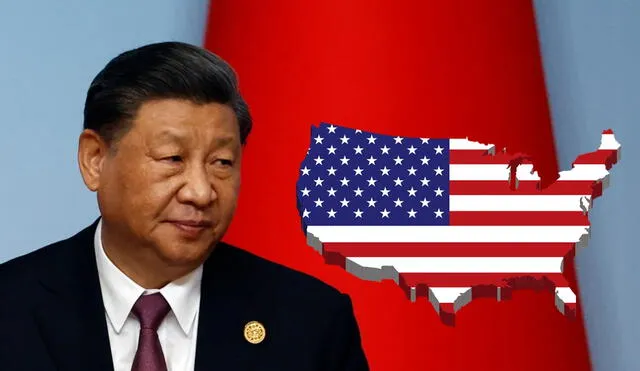China's Spy bases in Cuba monitoring U.S, Officials confirm in Congressional hearing
Amid rising tensions in the Western Hemisphere, new revelations confirm that China is operating advanced surveillance bases in Cuba—just miles from key U.S. military sites—sparking urgent national security concerns and prompting swift calls for action from Washington.

During a recent congressional hearing, U.S. officials confirmed that China is operating surveillance facilities in Cuba, raising significant national security concerns. The Center for Strategic and International Studies (CSIS) identified four suspected signals intelligence (SIGINT) sites—Bejucal, Wajay, Calabazar, and El Salao—utilizing satellite imagery. These installations are strategically positioned to monitor U.S. military activities, commercial shipping, and space launches, particularly in the southeastern United States. The proximity of these sites to U.S. territory underscores the potential threat posed by China's intelligence-gathering capabilities in the region.
Lawmakers expressed alarm over the expansion of China's intelligence footprint so close to American soil. Representative Carlos Gimenez, chair of the House Homeland Security Subcommittee on Transportation and Maritime Security, emphasized the urgency of addressing this issue, stating that the Chinese Communist Party's activities in Cuba represent one of the most brazen intelligence operations against the United States. The hearing highlighted the need for a comprehensive strategy to counter China's growing influence in the Western Hemisphere.
China expands Spy Network in Cuba with upgraded facilities targeting U.S. Military activities
The CSIS report revealed that the Bejucal facility has undergone significant upgrades, including the installation of a circularly disposed antenna array (CDAA), enhancing its capability to intercept long-distance radio signals. Similarly, the El Salao site, located near Santiago de Cuba, is strategically positioned to monitor U.S. military activities around Naval Station Guantanamo Bay. These developments suggest a concerted effort by China to bolster its intelligence-gathering operations in the region.
China's involvement in Cuba's surveillance infrastructure dates back to the late 1990s when agreements were reportedly signed granting China access to former Soviet listening stations. Over the years, China's presence has expanded, with satellite imagery confirming the construction and enhancement of multiple SIGINT sites. Despite denials from Chinese and Cuban officials, the evidence points to a deepening intelligence partnership between the two nations.
U.S. Weighs response as China’s Spy bases in Cuba threaten National Security and regional stability
The implications of China's surveillance activities in Cuba are far-reaching. The proximity of these facilities to U.S. military installations and commercial hubs raises concerns about the potential interception of sensitive communications and data. Experts warn that China's intelligence operations in Cuba could compromise U.S. national security and provide Beijing with a strategic advantage in the region.
In response to these revelations, U.S. officials are considering measures to counter China's intelligence activities in Cuba. Recommendations include offering classified briefings to Congress, declassifying select satellite images to raise public awareness, and developing clear red lines to deter further expansion of China's surveillance infrastructure. Additionally, strengthening cybersecurity measures and collaborating with regional allies are seen as crucial steps in safeguarding U.S. interests.













